AFSA National Committee
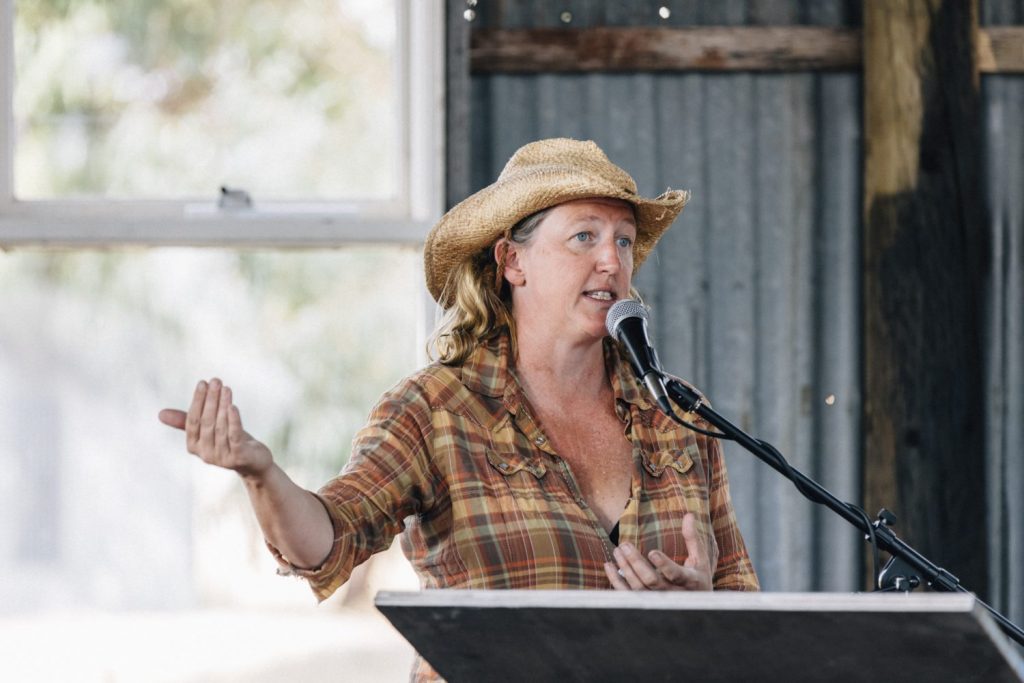
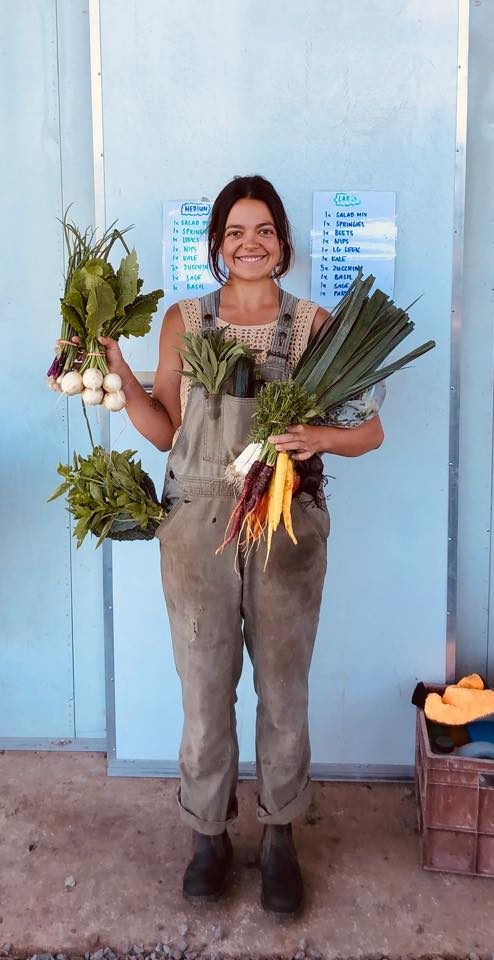
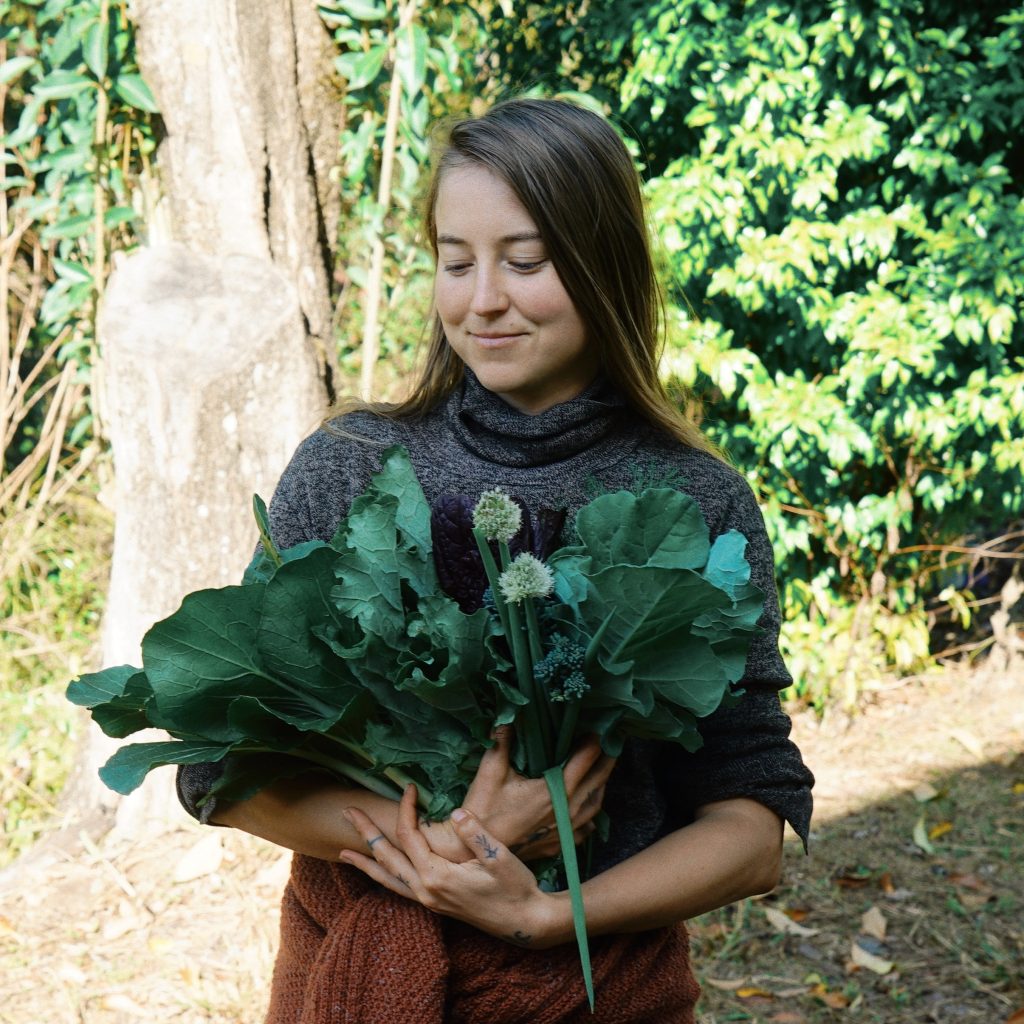
President
Tammi Jonas
Tammi Jonas
Tammi Jonas is an agroecologist in practice, principle, and philosophy. Along with her hypercompetent husband Stuart, Tammi farms heritage-breed Large Black pastured pigs, cattle, and garlic on the unceded lands of the Dja Dja Wurrung people in the central highlands of Victoria. She is also resident meatsmith at Jonai Farms, a thriving community-supported agriculture (CSA) with 80 wonderful household members. Tammi has been president of the Australian Food Sovereignty Alliance (AFSA) since 2014.
She is undertaking a PhD at the University of Western Australia on the biodiverse and decolonising practices of agroecological farmers, and investigating the logistical, financial, social, and legislative barriers to their efforts.
In her years serving AFSA, Tammi has been very active in the global fight for food sovereignty with comrades in the International Planning Committee for Food Sovereignty (IPC), advocating in numerous UN governing bodies for the rights of Indigenous Peoples and peasants and their communities. She is an editor and co-author of Farming Democracy: Radically transforming the food system from the ground up (2019).
Secretary
Sári Szász Komlós
La Vergne Lehmann
Sári Szász Komlós is a small-scale farmer and community herbalist living on unceded Gumbaynggirr Country, she runs The Medicine Grove Forerst Farm with her partner Kem. Growing up in a migrant family from Hungary, food always played a crucial role in how her family maintained culture as well as how they built connection and community in a new country.
General Committee Members
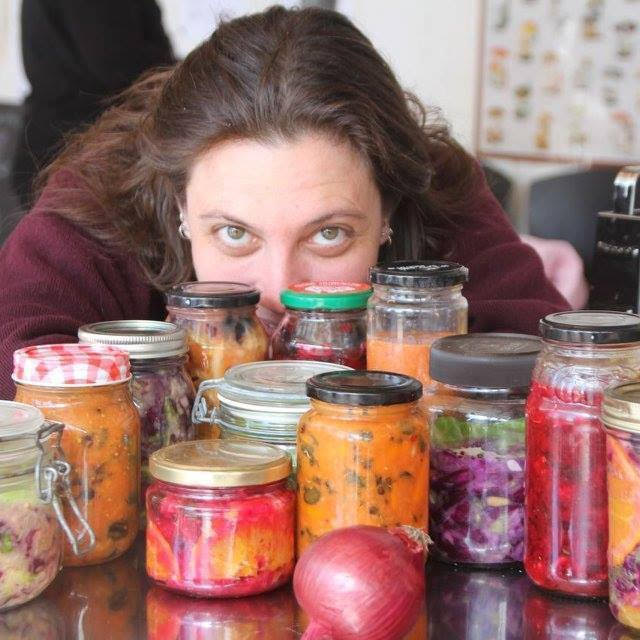
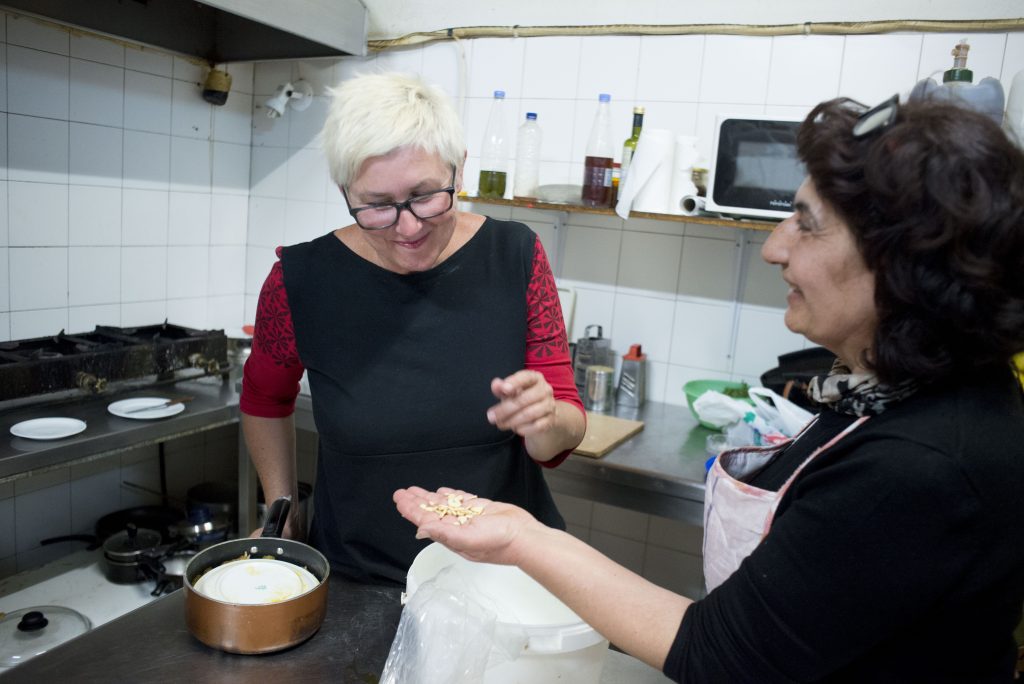
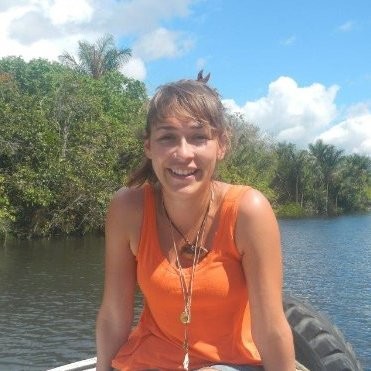
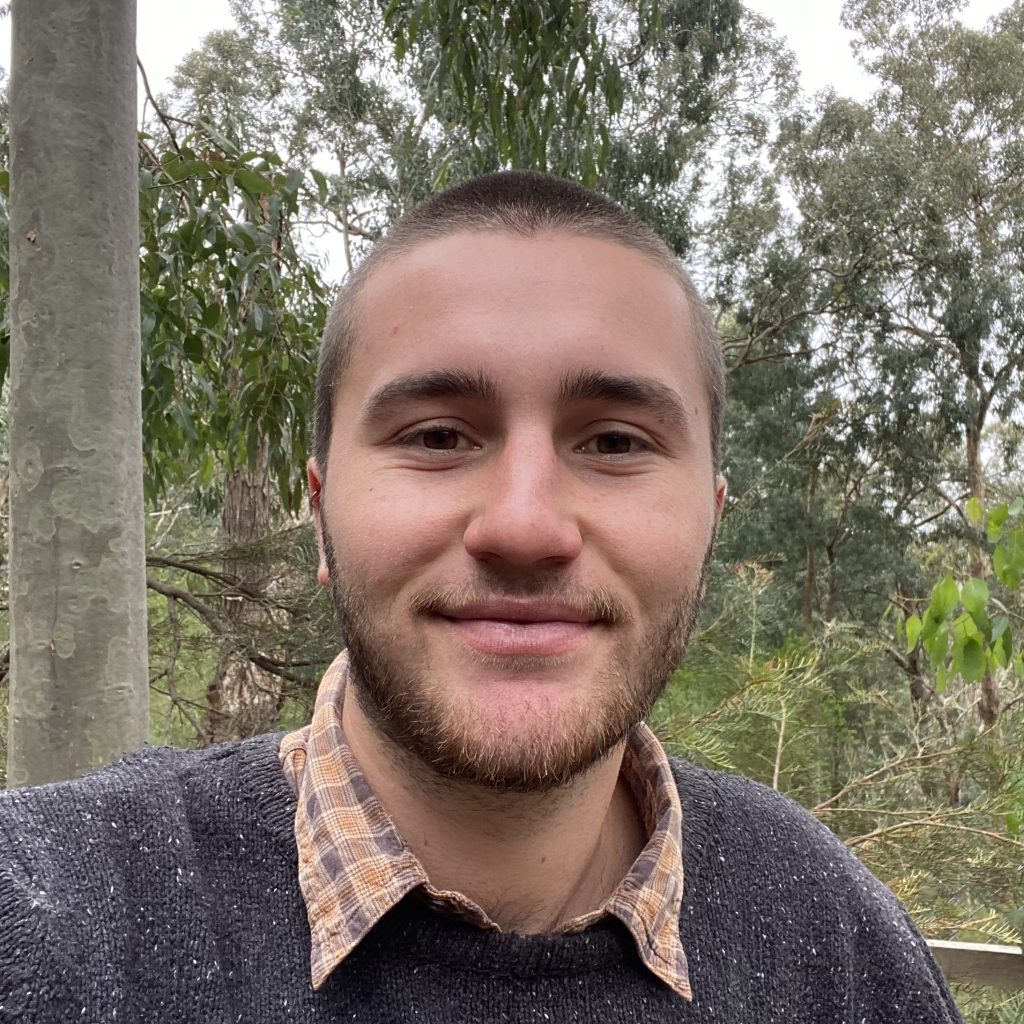
Ruth Gaha-Morris
Ruth Gaha-Morris
Ruth is based in Bungendore NSW, Australia, where she works, for Southern Harvest Association (SHA), a not-for-profit organisation at the forefront of increasing the profile and availability of local food and fibre products, through farmer-consumer networking activities such as markets, aggregated produce boxes, tours, workshops, festivals and community long lunches. Ruth also has her own business focused on catering and value adding locally grown, found and foraged foods.
Ruth has been a farmer and a Registered Nurse, and seen first-hand the results of poor nutrition on health and welfare outcomes, across many social contexts. Farming her own land she experienced the ups and downs of producing food and fibre for local community, and has had a wide variety of experience working on many farms and food/farming enterprises around the country, providing diverse enterprises.
Ruth has been involved with AFSA activities since about 2017, and this has exposed her to many of the processes and mechanisms by which food sovereignty actions occur, including as the Australiasian member of the Coordination Committee of the Civil Society and Indigenous Peoples Mechanism (CSIPM) for relations with the Committee on World Food Security. In 2022-23, Ruth rejoins AFSA’s National Committee as Memberships Officer, to help galvanise the food sovereignty movement even further.
Adele Wessell
Adele Wessell
Adele lives on Widjabul Wia-bal Country in Dundarimba/Lismore, in the Northern Rivers of NSW. Adele is a food historian, particularly interested in the relationship between food production and culture and teaches history at Southern Cross University. She is a founding member of the Australian Food Research Network and editor of Locale: Pacific Journal of Regional Food Studies.
Adele is the consumer representative on the Lismore Produce Market committee and is a member of Wilson River Landcare. She is active with Richmond RiverKeeper, providing a voice for the river and partnerships with landowners and community groups to restore habitat, improve riverbank stability, reduce pollution and the loss of our precious soils.
Mirella Gavidia
Mirella Gavidia
Mirella is a mother, food grower, and academic with a background in Law and Anthropology. She has 15 years experience working with communities in the Brazilian Amazon, as an academic, consultant, volunteer, friend, and ally. Mirella is an educator, or a learning facilitator as she prefers to call herself, committed to creating positive change in the way her students understand and live in the world. She mostly teaches First Nations, environmental, and global affairs, and has been casually designing and delivering courses at RMIT University (Wurundjeri Country) for 7 years.
Mirella lives on Djaara Country with her partner and son on a beautiful native bird heaven, where they currently work on the regeneration of an old orchard, and grow seasonal crops for themselves and their community. There are many plans in the pipeline to increase the use of the land using agroecology and regenerative principles.
Her main interest in becoming part of AFSA is to be further engaged in practical, on-ground, action when it comes to food sovereignty. Mirella is keen to share her skills to support the organisation’s work, especially on the First Nations and International fronts. She also aims at gathering more critical knowledge and sharing with her Brazilian comrades in the jungle, as a way of fostering their food sovereignty too.
Ben Trethewey
Ben Trethewey
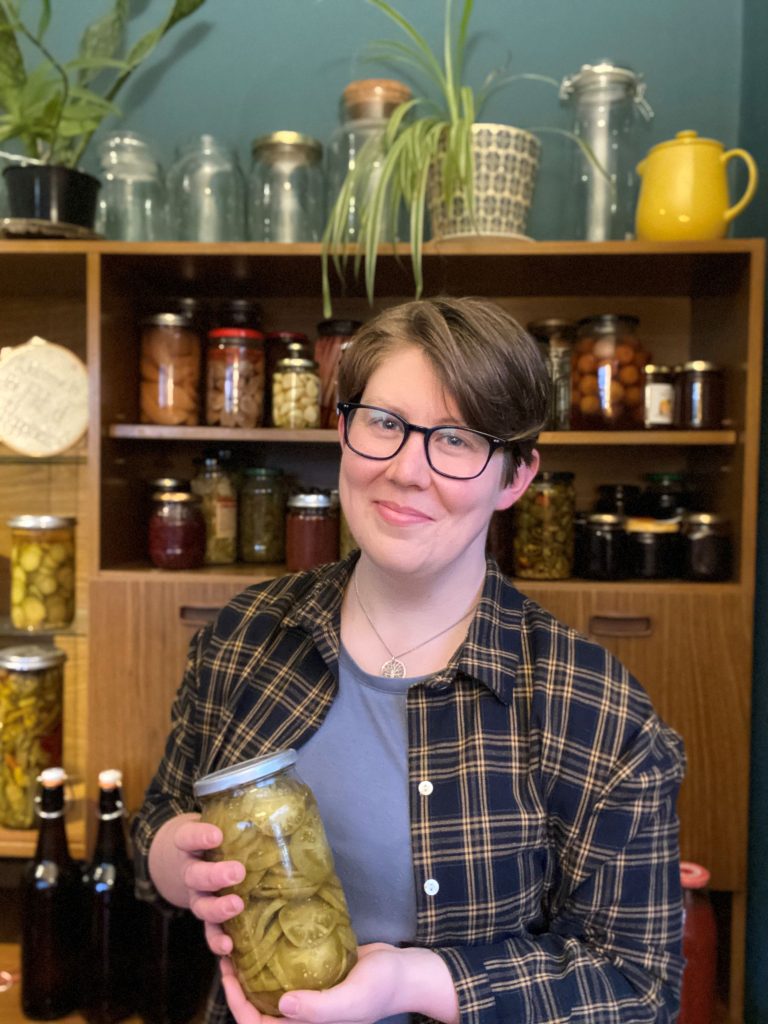
Lucy Ridge
Lucy Ridge
Lucy has also undertaken several internships working with women across the food system all over Australia in an effort to further her own education and understand what it takes to be a farmer, butcher, cheesemaker, wild harvester, distiller and market gardener from the ground up. Lucy recently contributed a chapter to Eating Democracy and is also working on a book about her own journey through the food system.
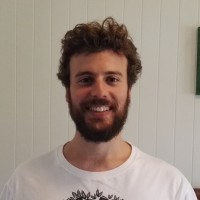
Antoine Lenique
Antoine Lenique
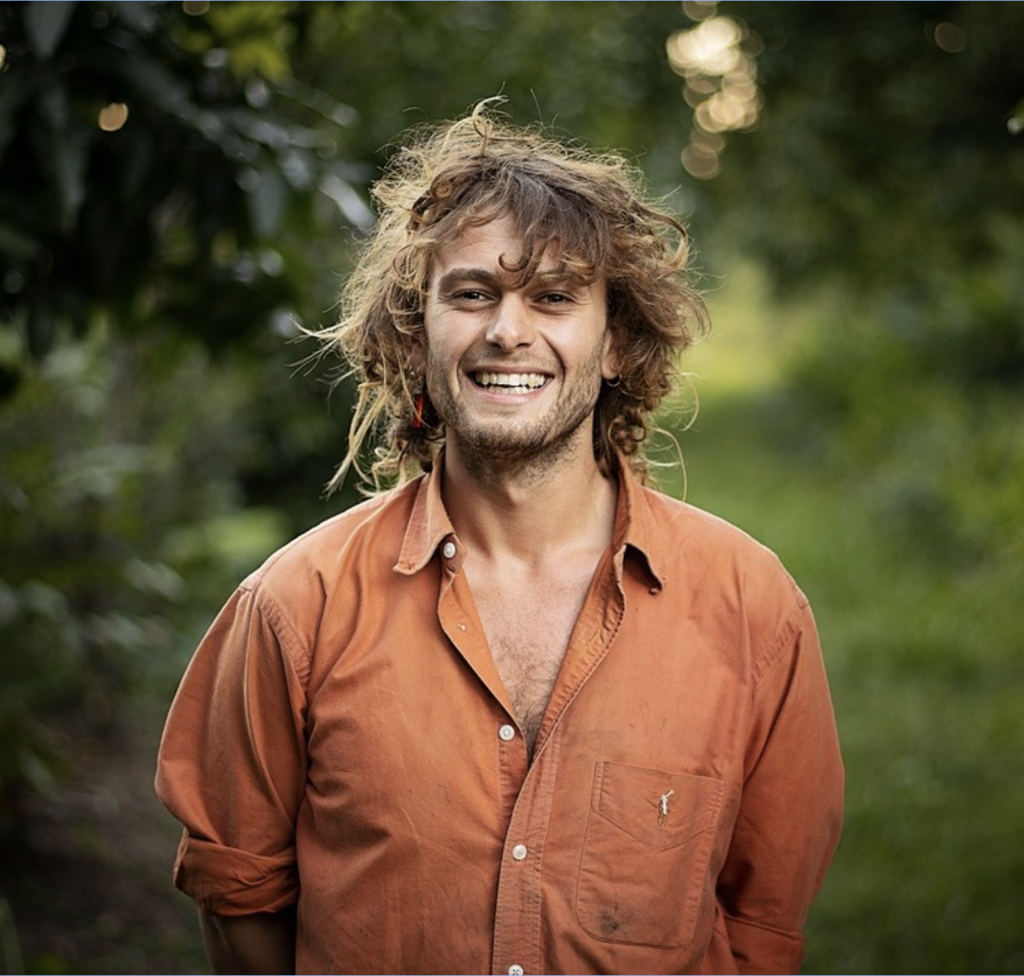
Ivan Blacket
Ivan Blacket
Ivan Blacket is a farmer, educator and consultant with a focus on integrated regenerative food production systems. He grew up on a small goat dairy on Victoria's Bellarine Peninsula and, since studying agricultural sciences at Melbourne University, has managed many different production systems around Australia from agroforestry market gardens to timber plantations and large fruit orchards.
He has developed food systems at The Farm at Byron Bay, Conscious Ground and Common Ground Project, and educated hundreds of aspiring farmers and homesteaders in the process. He is also currently a facilitator with Permaculture for Refugees.
Staff Members
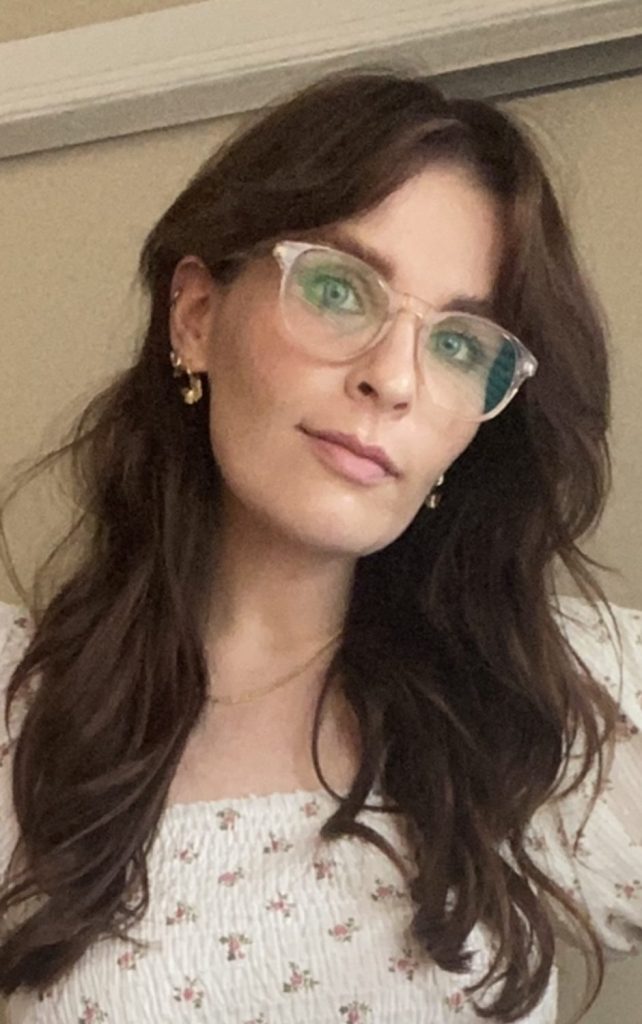
Jessie Power – General Coordinator
Jessie Power
Jess has a professional background in journalism, communications and policy, living and working in Sydney for a number of industry associations with a focus on sustainable urbanism. She currently resides on beautiful Quandamooka Country in Queensland, completing a Master of Environment at Griffith University. Jess became interested food security as a broad topic as her studies kicked off during the pandemic, prompting further investigation into policies responsible for the wide range of environmental issues associated with industrial agriculture in Australia. In her final dissertation, she explored how policy can support an agroecological approach to climate change adaptation in agriculture. Outside of her work with AFSA, catch Jess at her local farmers' markets, reading, or eating good food!
If you need to contact Jess about anything AFSA related, send her an email: coordinator@afsa.org.au.
